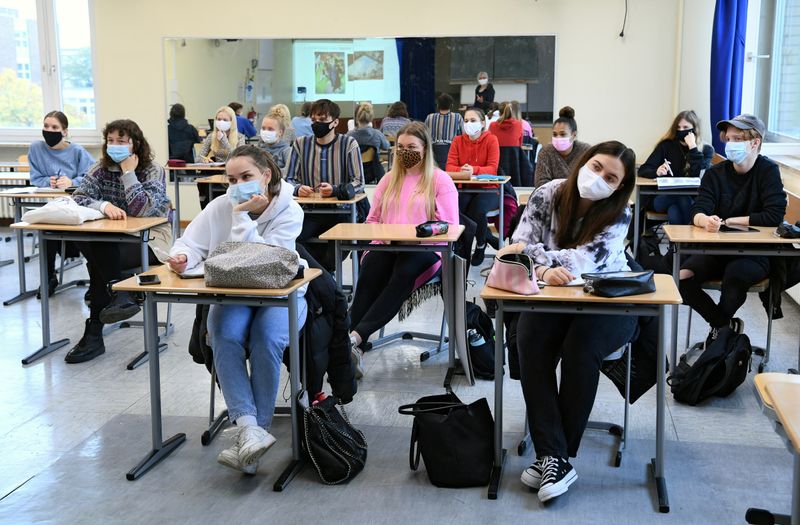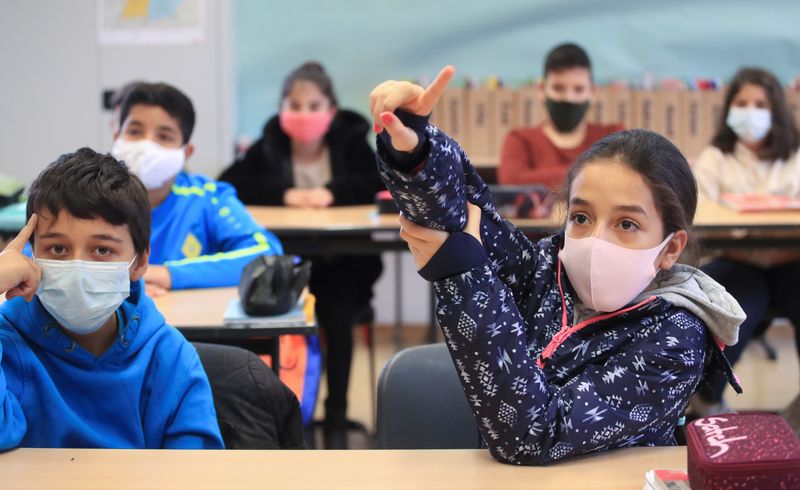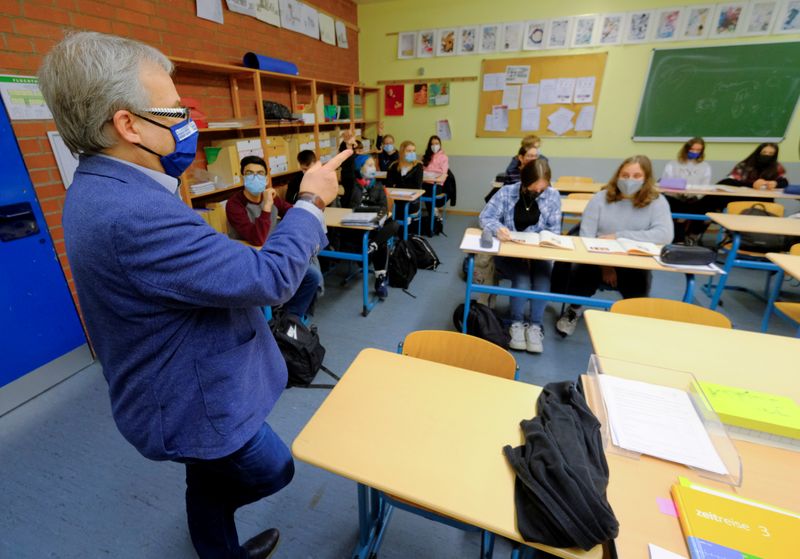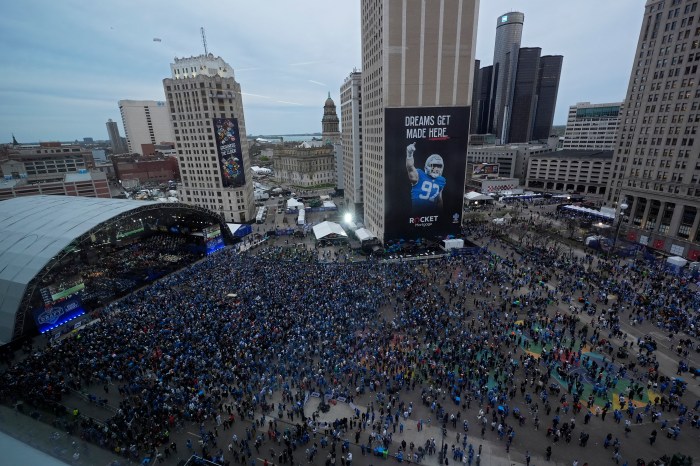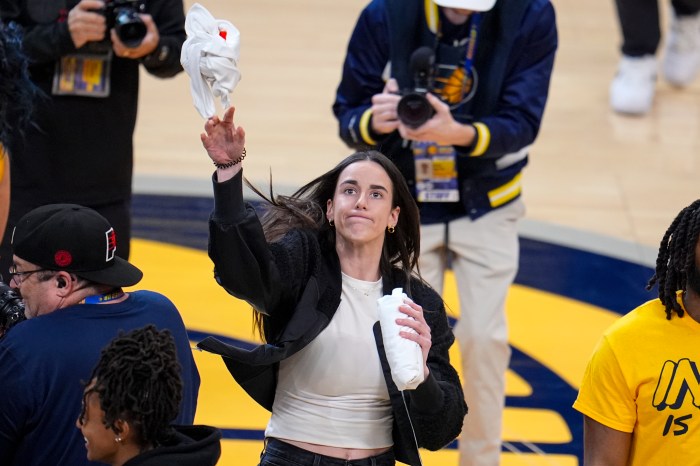BERLIN (Reuters) – Children in the German city of Hamburg were four times more likely to catch coronavirus during private gatherings than at school, an analysis of infection cases between August and October showed.
The Hamburg school authority said 78% of the 372 children infected with the virus between the summer and autumn holidays caught it outside school, with children under 12 only half as likely to become infected as older ones.
It said many schools only registered one infection in a year group within 10 days, suggesting it was unlikely that the affected student spread it to classmates. Most children became infected at home, at parties or other private gatherings.
Of the 472 schools in Hamburg, 171 recorded infections, but only 23 of those had multiple infections.
As coronavirus infections have soared across Europe again, Germany imposed a month-long “lockdown light” on Nov. 2, closing bars and restaurants but keeping schools and shops open.
Germany’s federal states this week rejected a bid by Chancellor Angela Merkel to tighten the rules, including making it mandatory to wear masks in schools, shrinking class sizes, and limiting social contacts to one household or friend.
The head of the Robert Koch Institute for infectious diseases (RKI), Lothar Wieler, said on Thursday there were currently around 475 outbreaks in schools and more than 100 in daycare facilities.
Germany has continued to fare better than many of its European neighbours even as cases soar in the second wave of the pandemic.
RKI data published on Thursday showed confirmed coronavirus cases in Germany had risen by 22,609, the biggest increase in six days, to a total 855,916, while the death toll rose by 251 to 13,370.
(Reporting by Emma Thomasson and Kirsti Knolle; Editing by Gareth Jones)

